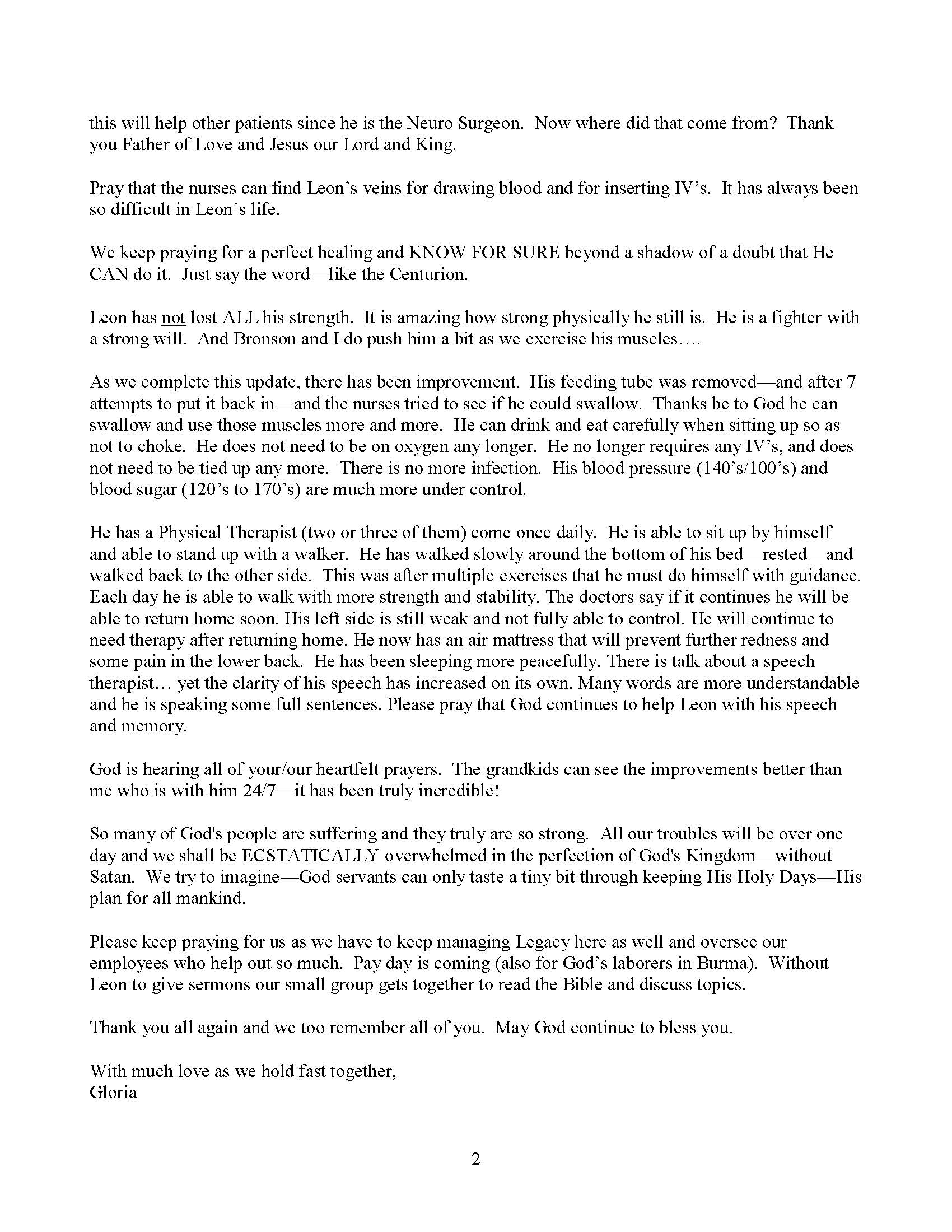For over 60 years, the king and queen of Thailand have worked almost without a break to raise the quality of life for the poor of Thailand’s rural minorities. King Bhumibol has concentrated on agricultural development and water resource management. It was his idea to teach the opium growing hill tribes to grow peaches and strawberries instead of poppies. These replacement crops allowed the hill tribes to earn more money and have a better life than if they would have continued in their illegal way of cultivating opium as a cash crop.
The king’s idea worked and, with the assistance of Queen Sirikit at his side, he virtually wiped out opium production in Thailand. Now when you go into the mountains, you see cut flower gardens and organic vegetable plots and fruit orchards.
But now the king is elderly and contends with health problems. He cannot travel into the hills and remote border areas like he used to. Queen Sirikit picked up the torch and continued to visit mountain villages and border projects until the king became confined to 24 hour medical attention in the hospital. He is undergoing physical therapy and the Queen has chosen to stay with him in the hospital to help take care of him.
But the royal initiated sustainable agriculture demonstration projects continue under mainly Queen Sirikit’s supervision. The king remains as active as possible using his hospital meeting area as a command center. Recently, the Prime Minister and other government officials were seen on television asking the king for advice to solve the terrible flooding problems that occurred recently in Bangkok.
I should mention to you here that, had they listened to the king long ago, they would not have had the flood disaster in the first place. Upland forest destruction and poor management of water resources have caused a cycle of drought and flooding. Perhaps they will listen to him this time.
Meanwhile Queen Sirikit has trained skilled assistants to carry on. We visited one of Queen Sirikit’s “Farm Dua Yang (Demonstration Farms)” about one hour into the mountains from Chiang Mai. Abigail Syltie and two Legacy students accompanied me. I asked “Abby” to write up something for my blog about the visit. Here it is below:
Leon Sexton
| From L to R, Legacy Driver Surachai, Katree, Abigail Syltie, Adja, Leon Sexton |
Visiting Queen Sirikit’s Project
Visiting the Queen’s project several weeks ago reenergized our goals for organic sustainable agriculture at Legacy Institute in a number of ways! Khun Kiatipan, the manager of the farm who works for the Queen, gave us a tour of this project which demonstrates what can be done if the right tools and approach are taken. These farms show a way that is contrary to the world’s current agriculture system but closer to what God designed from the beginning of time in the Garden of Eden.
| Ripe Mulberries |
| Dragonfruit |
| Project Manager Kiatipan(L) and Leon Sexton inspect strawberry plants |
Star fruit, guava, avocado, pomegranate, and dragonfruit followed, so you can imagine when they called us to lunch our stomachs were already quite full. That didn’t stop us from enjoying a delicious Thai style meal with a bowl of white rice paired with a fish soup, white radish soup, grilled duck, and sauteed vegetables. We finished with fresh mulberry fruit juice, more fresh fruit, vegetable puff snacks, and coffee.
After lunch our tour resumed in the terraced field at the front of the property which showed how to properly grow many types of leafy green vegetables, broccoli, radishes, and many kinds of herbs.
| Lettuce and herbs growing together |
One of the interesting things we noticed was that they planted a variety of vegetables together as they would be foundin the wild. For example, they grew leaf lettuce with red Thai basil because basil is a natural insecticide. This is just one example of how great and marvelous God’s creation is if we would work according to his plan. We finished looking around the property at the various tropical flowers, plants, and trees each having a purpose at the farm.
| Adja picking fresh strawberries |


